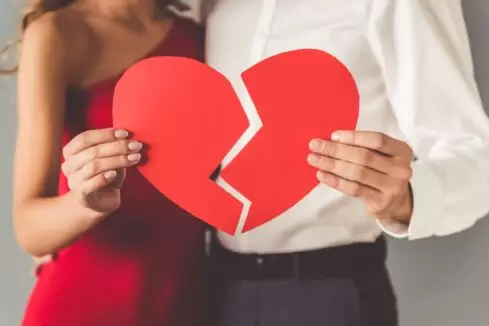
The English language is a vast treasure trove of words. Some of these words sound so strange it almost seems like they can’t be real! Whether it’s a funny noun or an unusual verb, these words roll off the tongue in a pleasant way, making a sound that’s hilarious to the ears. Here are the funniest words in the English language.
1. Gobbledygook

With a nonsensical sound, gobbledygook refers to speech or text that is gibberish or unnecessarily complicated. The word was first used in 1944 in a speech by a Texas politician who made it up on the spot to imitate the sound of a turkey. Today, one may think of a creature in a whimsical children’s book when they hear this fun word. Its playful, gooey sound is memorable in writing or speech.
2. Lollygag
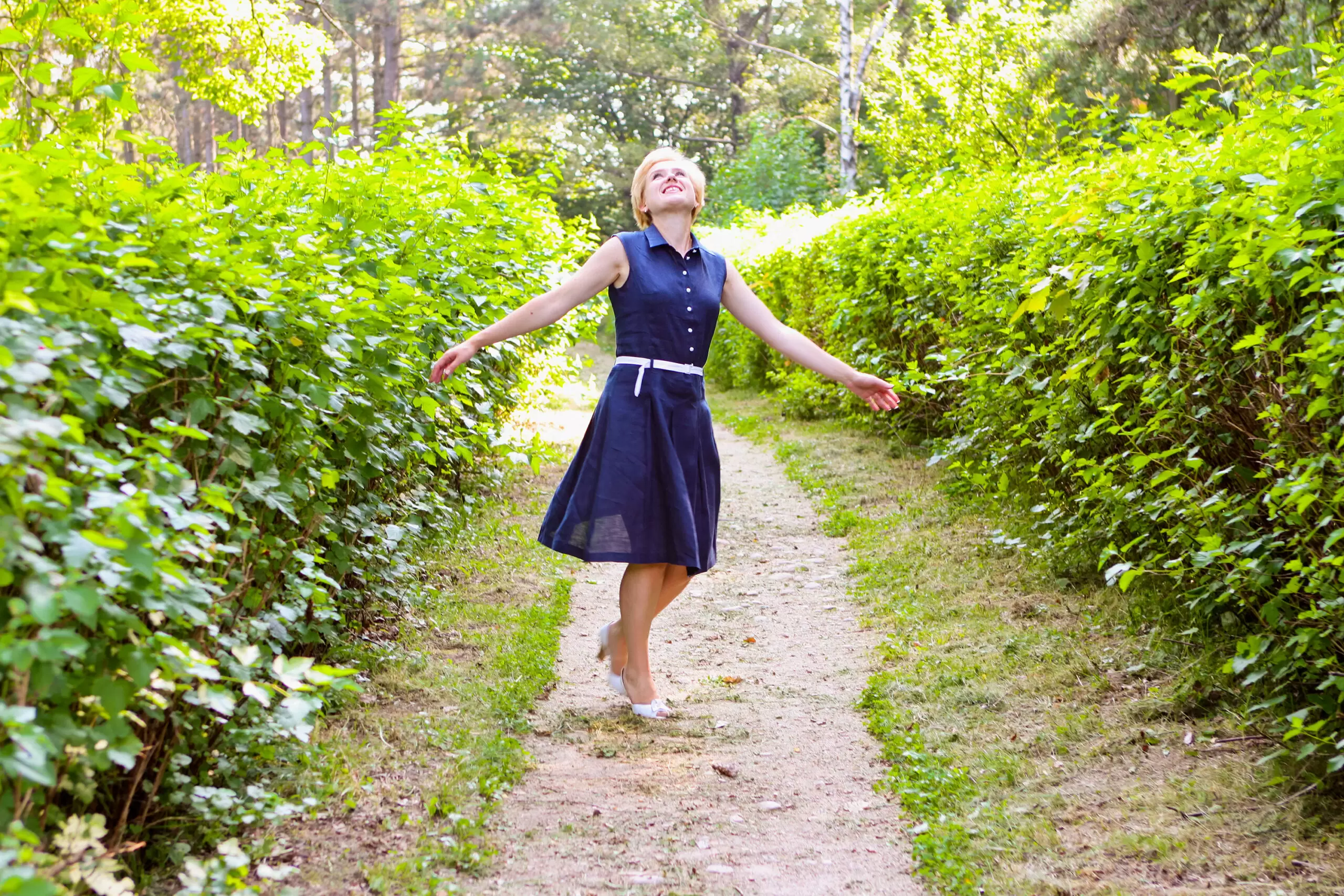
One of the funniest words in the English language, “lollygag,” was first used in 1862. To lollygag means to spend time aimlessly or to dawdle. The light, buoyant sound of the word perfectly captures the act of lazing around without a care. It’s a word that draws a picture of leisure and idle moments, perhaps reminding one of leisurely strolls on a sunny afternoon.
3. Flummox

You don’t have to be confused over the word “flummox.” This strange word, first used in 1837, means to perplex or deeply confuse someone. There’s a certain blunt, comical ring to the word that enhances the feeling of bewilderment it describes. It’s almost as if the word itself is a puzzle, wrapping the mind around its unusual arrangement of letters and sounds.
4. Kerfuffle

Many of the funniest words in the English language come from other countries. For instance, the word “kerfuffle” has roots in Scottish and Canadian English. A kerfuffle is a commotion or fuss typically caused by a disagreement or misunderstanding. The word’s playful, rhythmic sound comes across as light-hearted, suggesting that not all disagreements need to be taken too seriously.
5. Bumfuzzle

Do you believe old slang like “hip” or “rad” is outdated? Well, don’t overlook the antiquated slang term “bumfuzzle.” To bumfuzzle is to cause confusion or make someone feel flustered. The word has a delightfully silly ring to it, making it the perfect way to describe your bewilderment in a humorous light.
6. Canoodle

Some words make you smile just by saying them out loud. Everyone feels warm and cuddly when using the word “canoodle,” which means to snuggle, embrace, kiss, or caress. Interestingly enough, many words, like canoodle, end up changing meaning over time. Originally, this playful, romantic word meant to cheat or deceive someone.
7. Nincompoop
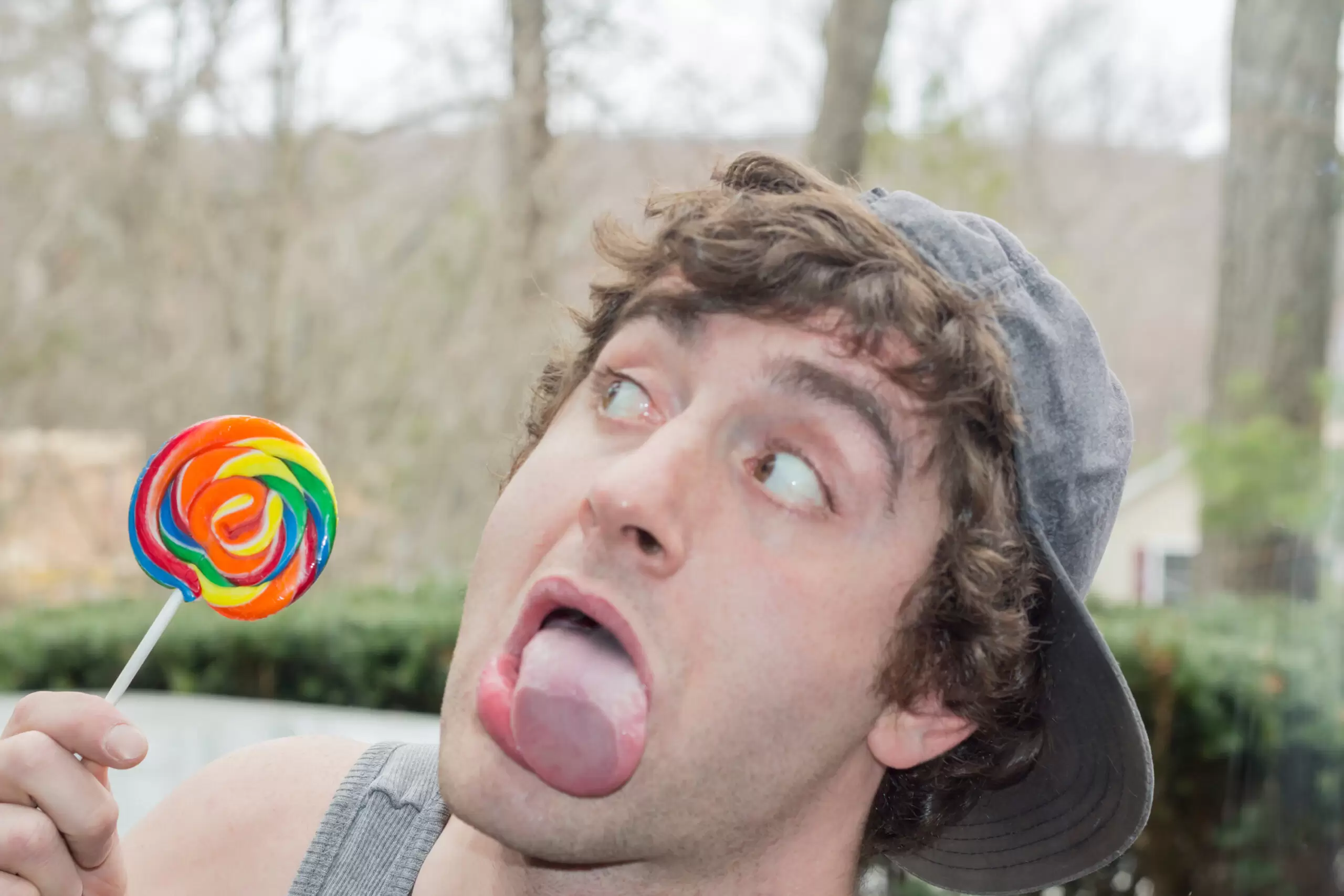
Nobody likes to be insulated, but it’s hard not to laugh if someone calls you a nincompoop. This jaunty word refers to someone who is a silly or foolish person. First used in the late 17th century, the word “nincompoop” has a playful ring, making it perfect for light-hearted teasing. The word is usually used in affectionate jest rather than as a mean slur against someone.
8. Whippersnapper
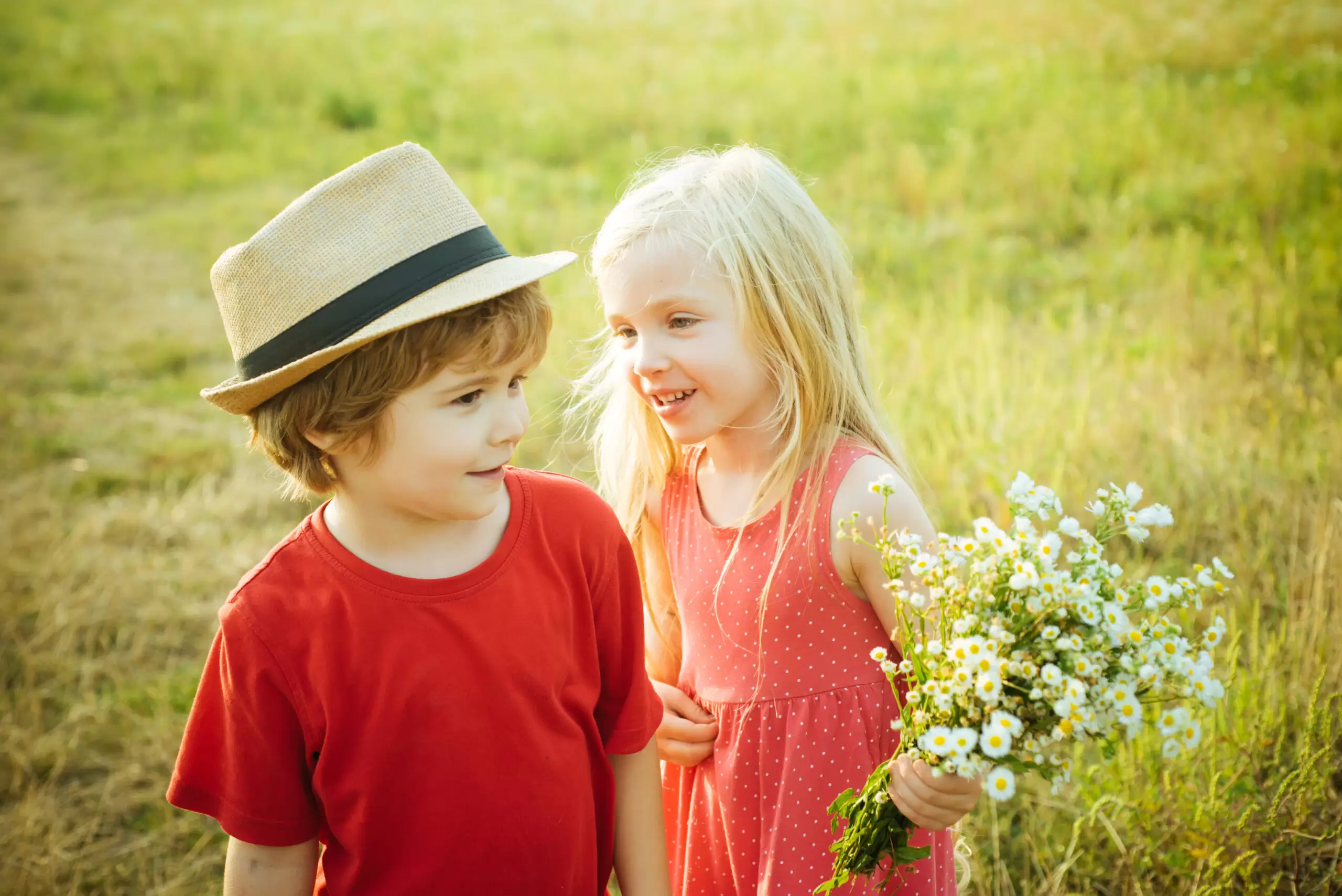
When you’re trying to be cheeky about the youth, you may refer to them as “whippersnappers.” It’s difficult to trace the origins of this fun word. Most etymology dictionaries trace it back to the literal definition of a person snapping a whip. In the modern world, we use the term to poke fun at the antics and peculiar behaviors of younger generations.
9. Flabbergast

Sometimes, the origins of a word are even more interesting than the word itself. Flabbergast, for instance, was first mentioned in 1772 in a magazine article, describing it as the new vogue word of the year. While it’s not as vogue today, people still like to use “flabbergast” to describe the act of astonishing. It’s a fun word to use in celebrations like surprise parties, baby showers, or weddings.
10. Malarkey
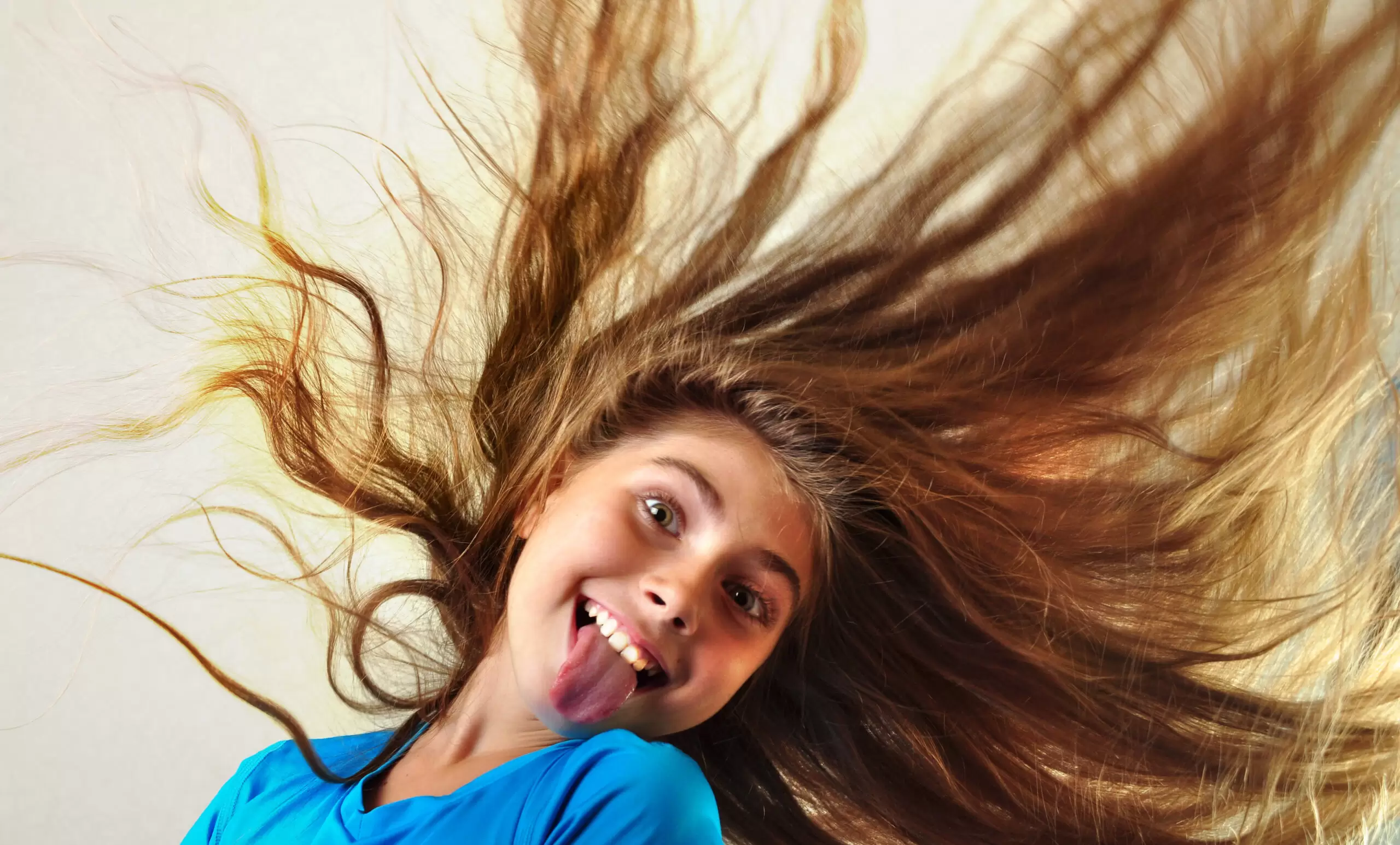
This list of funny words in English is total malarkey! Take that as an example of the word “malarkey” in action. Malarkey refers to words or ideas that are nonsensical, ridiculous, or deceitful. First used in 1924, the word has an unknown origin, with some crediting it to the Irish surname. It has an old-timey sound that adds charm and levity to its dismissal of nonsense.
11. Poppycock

Poppycock is nonsense, pure and simple. The old-fashioned term packs a humorous punch with its peculiar combination of sounds. Experts believe the word comes from the Dutch dialect pappekak, meaning trivial talk or nonsense. This funny word is a humorous way to express your disbelief at absurd statements.
12. Brouhaha

People love to find excuses to use funny English words in everyday conversation. For instance, you may surprise everyone by referring to a big event as a brouhaha. Typically, this French-inspired word describes uproar or confusion at a crowded gathering. The word is as noisy and chaotic as the situations it describes, with a dramatic flair that amplifies the comedy.
13. Skedaddle

By reading avidly and regularly, children end up learning 4,000 to 12,000 new words each year. One of the words they may come across in print is skedaddle, which means to run away hurriedly. Surprisingly, this word was first used by the military in the American Civil War and was later popularized in newspapers from the summer of 1861. Now it’s a frantic, playful word that captures the urgency of fleeing.
14. Hubbub
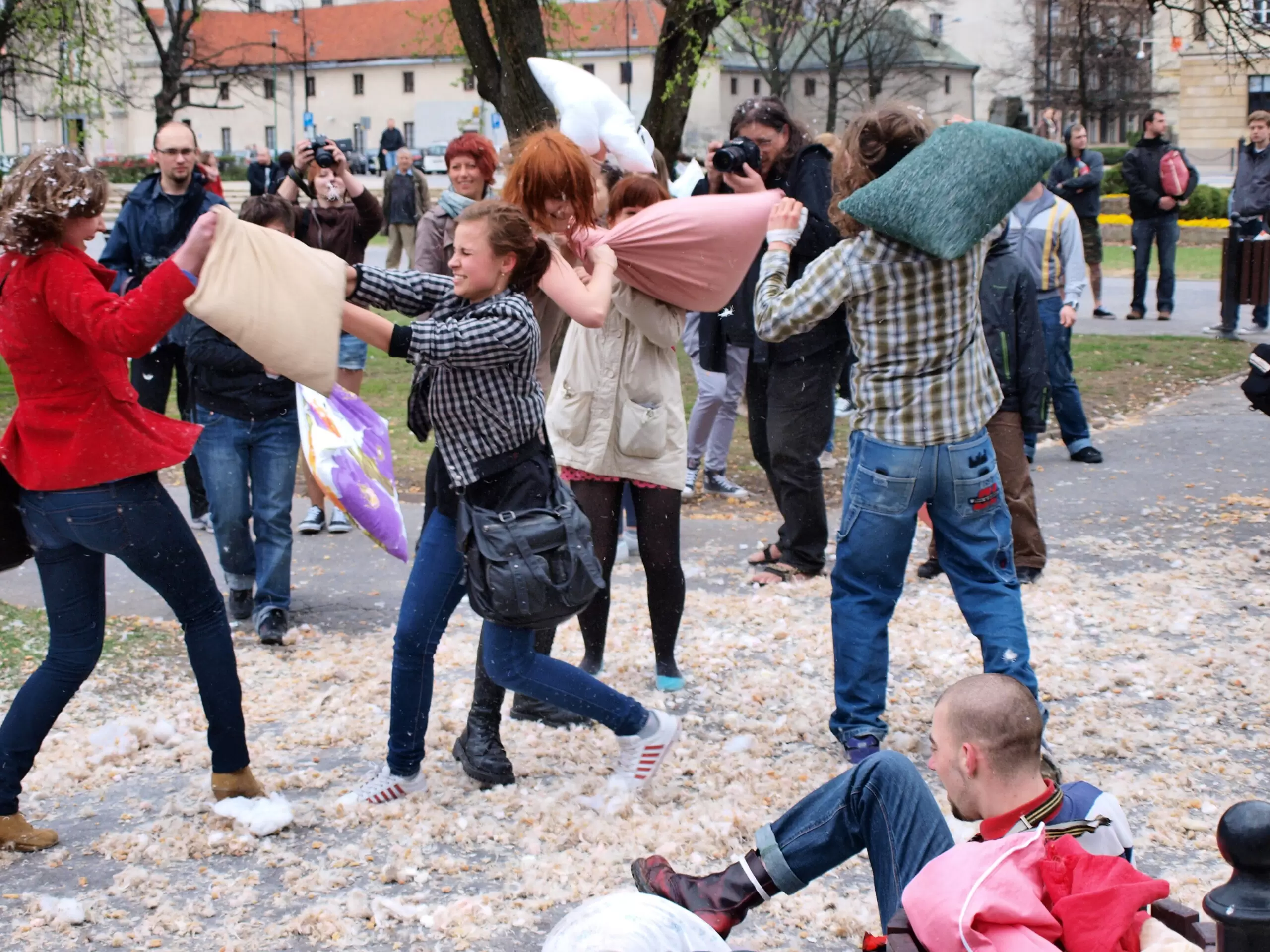
What’s all the hubbub? This word refers to the loud noise or activity of a crowd. One of the oldest words on this list, “hubbub,” was first used in the 1550s, presumably as an old Irish battle cry. In modern parlance, it’s a funny word that sounds like exactly what it’s describing.
15. Collywobbles

While it may sound like a cute character in a storybook, the word “collywobbles” actually refers to a feeling of nervousness or unease in the stomach. History isn’t clear about the origins of the word, but most experts trace it back to the early 1800s stemming from a combination of the words “colic” and “wobble.” By using this word, you’re stripping the butterflies in your stomach of their power. The quirky word makes your nerves seem less serious and easier to overcome.
Power of Words

The list above features some of the funniest words in the English language, but don’t underestimate their power in writing or speech. These words have specific meanings and interesting sounds that are powerful and memorable. The words are meant to entertain and bring a smile to everyone’s face. Pepper them into your everyday speech or in your writing!
Read More:
Language Time Machine: 11 Sayings That Transport You Back in Time
13 Words That Sound Beautiful but Have Unpleasant Meanings

Alyssa Serio has been a writer and editor since graduating from Aurora University in 2014. In her free time, she loves reading, playing volleyball, and watching any horror movie (even the bad ones) with her husband.





